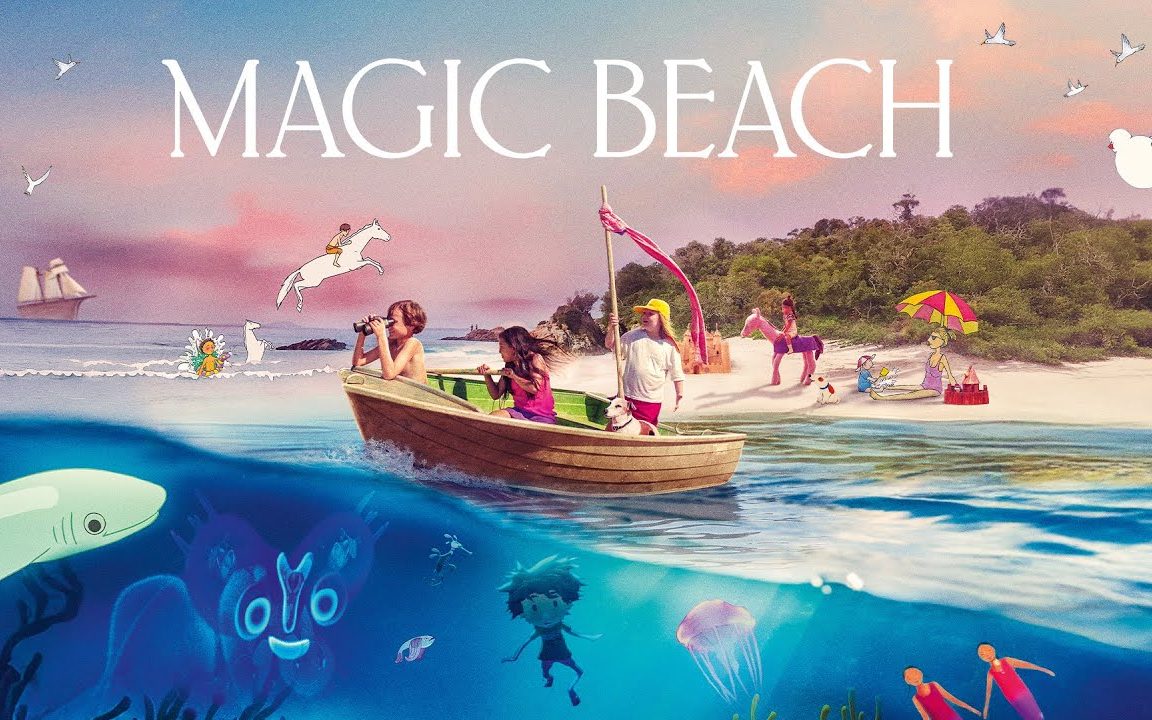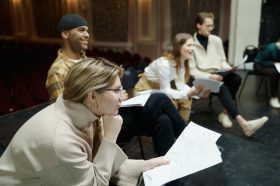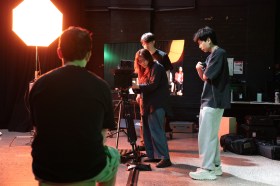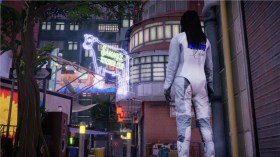Whether you want to become a professional animator or find some creative respite in your university studies, taking up a course in animation at Deakin University can help build foundational skills for diverse career pathways.
With a grassroots and hands-on spirit, animation is all about intimate storytelling, and not just for kids. At Deakin, students won’t be sitting in classrooms to be taught theory before hurriedly embarking on a project for assessment. Instead, Oscar-nominated animator and Deakin academic, Anthony Lucas, says, “My approach to animation is that it’s best to do it. You can watch a video or watch Netflix to admire it, but you need to get into the reality of making an animation.”
Lucas gets students off their feet and straight into making, starting off with ‘pixilation’, a stop-motion technique that uses real people and objects. “Animation takes a lot of patience, but can be meditative in a sense too. It’s not about ego, but rather, creating a supportive atmosphere of exploration,” he says.
Animation can be seductive and pleasurable, and it can offer students respite from their busy academic schedules. Students will often find their perceptions shift at the end of a semester, notes Lucas. “I love it when students don’t think they’re an animator, and then they find out over 12 weeks that they are, in fact, an artist, and I’ve seen that happen many times.”
Animation is also a great medium for self-expression, it’s the kind of art that “reflects who you are”, says Lucas.
Past and current students have embarked on exciting projects, such as the retelling of Greek myths through stick figures, while Lucas’ daughter has taken her animation experience into her studies in archeology.

Lucas continues that there are many reasons to study animation “even if the student doesn’t want to work in the industry, I think it opens your eyes to processes that can benefit a range of careers”. Soft skills like visual communication, problem-solving, teamwork and project management are integral to animation and widely applicable to careers both in the screen industries and outside of them, such as in marketing and education.
Indeed, what drew Lucas from being a professional animator into the teaching profession is this spirit of collaboration. He sees his interaction with students as an opportunity to bounce off each other, energetically and creatively. Being taught by a working professional also means that Lucas doesn’t just have the technical expertise to offer, but industry-specific knowledge and mentorship, from facing failures and success, to working with realistic timelines.
Speaking about the future of the animation industry with the growing prevalence of AI, Lucas says, “In my time, I’ve gone from the photo-mechanical to the digital, and now your smartphone is an incredible filmmaking device. I think good taste – or some taste or human decision-making – will always be needed.”
All screen professionals will need to adapt, but at the end of the day, human creativity will be the guiding hand to determine what’s useful and authentic for our times.
Anthony Lucas is a teacher of Deakin’s Bachelor of Film, Television and Animation degree; find out more about the course.






